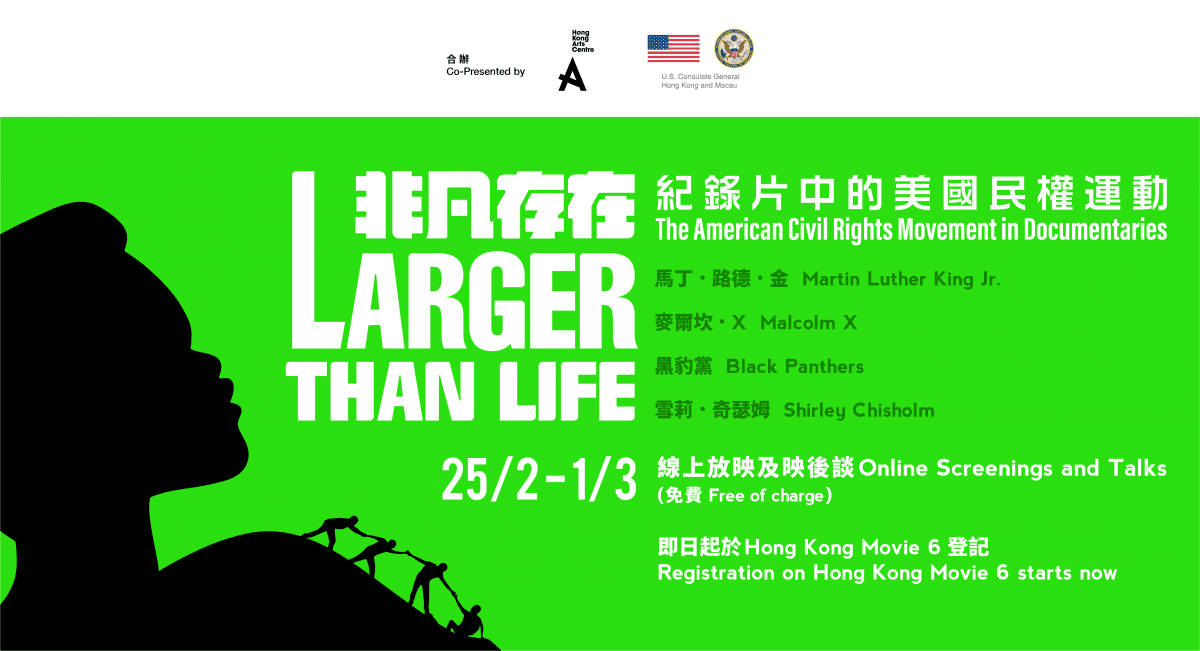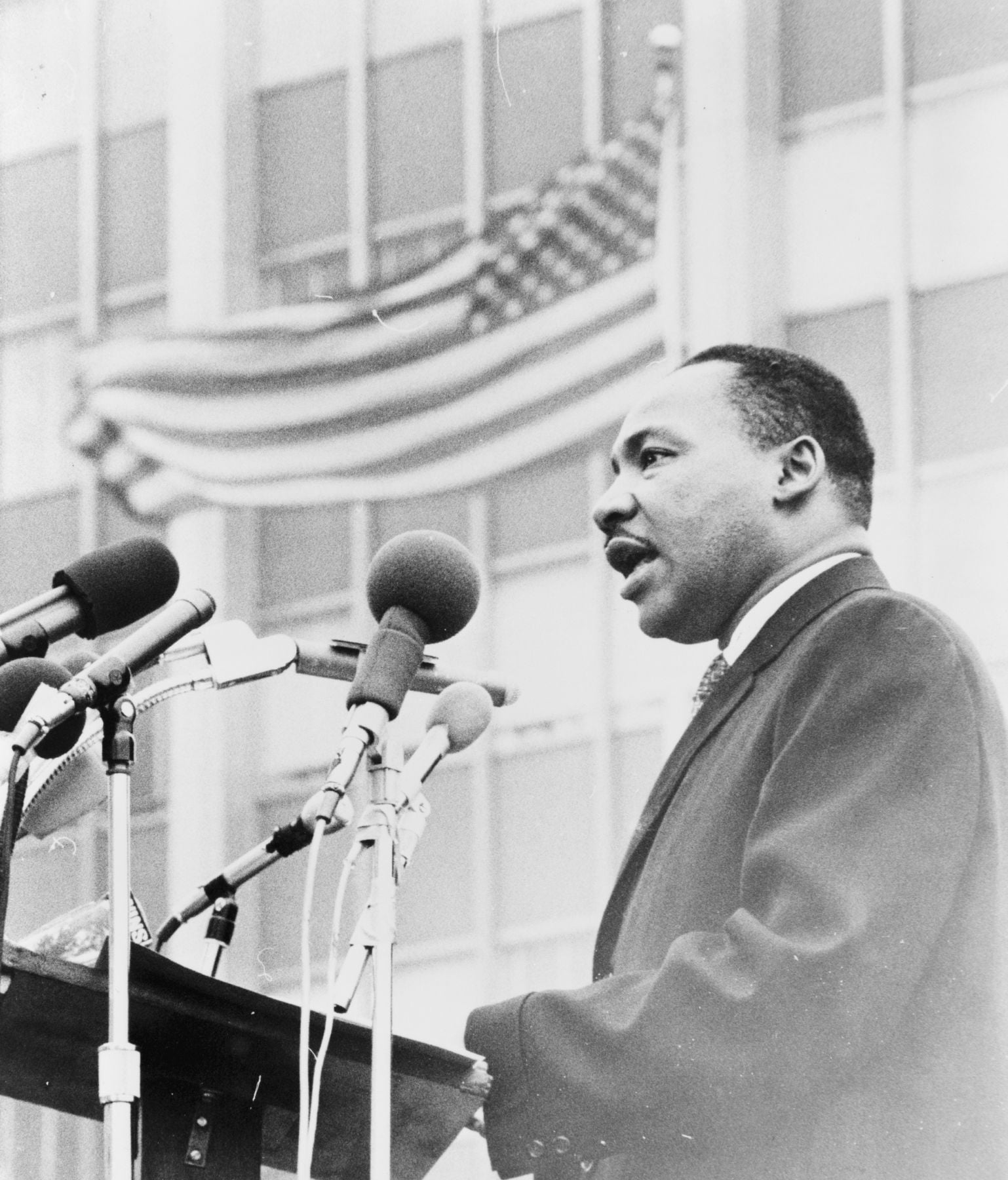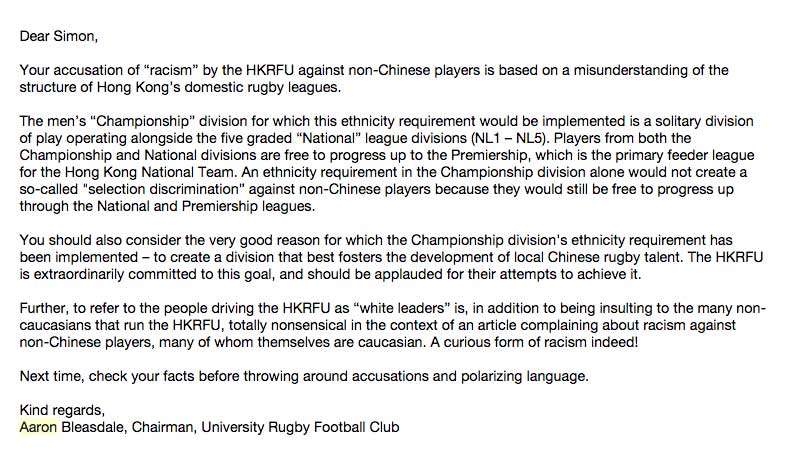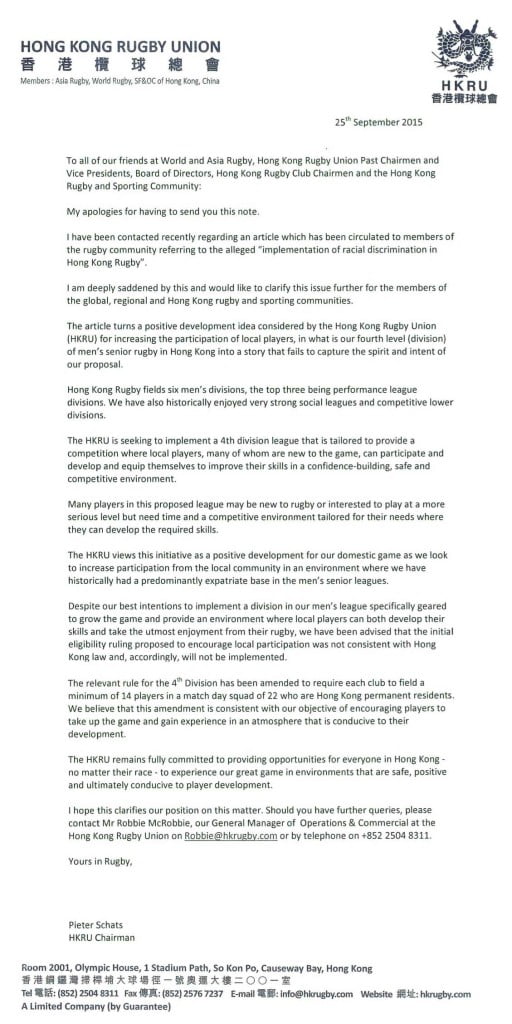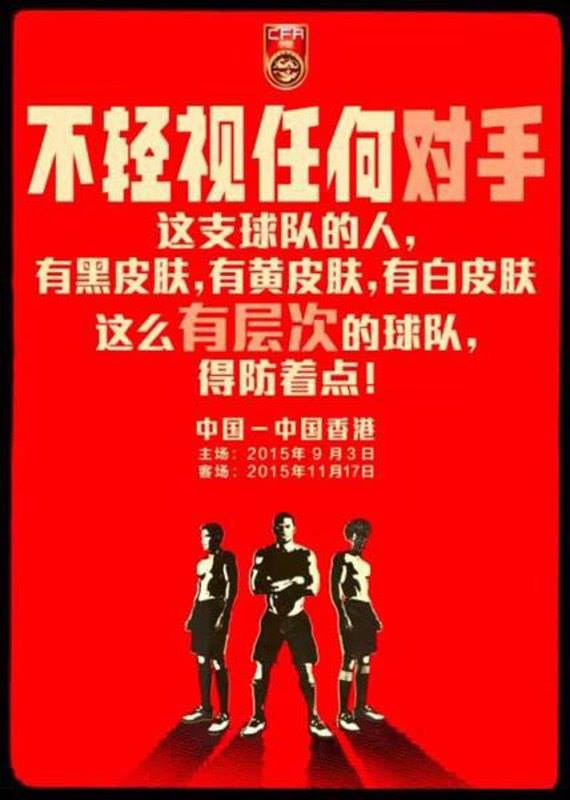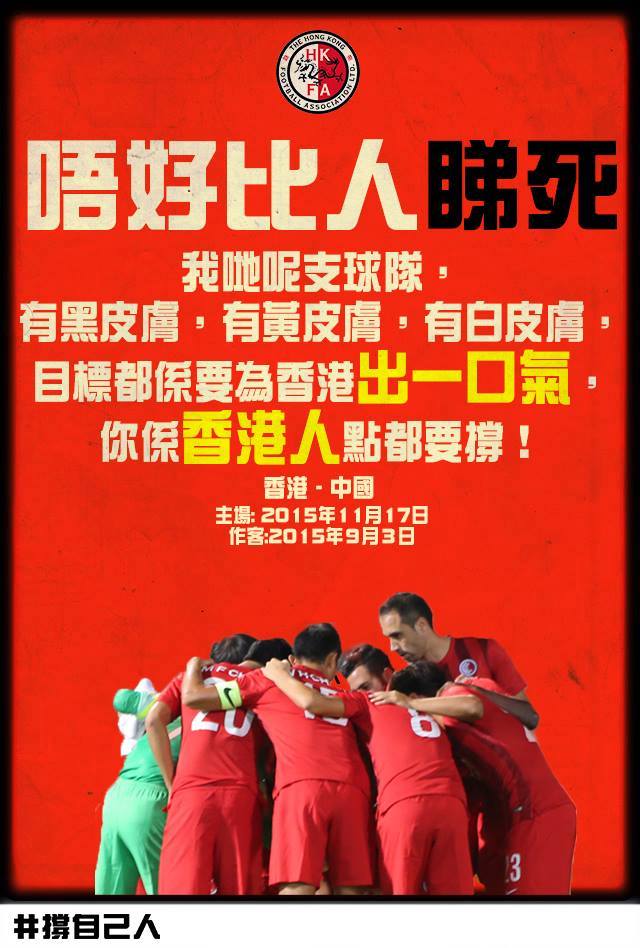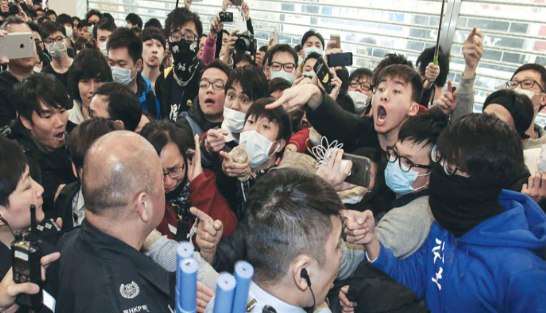
As a westerner living in Hong Kong one of the first things you notice about the Hong Kong Cantonese is that they spend a lot of time shouting at each other. Often, what you think is a conflict is actually just two friends engaging in friendly banter about horses or Korean soap operas. That said, you don’t have to have lived here too long before you will encounter a real confrontation. Whatever the reason for the conflict, these situations quickly escalate into loud slanging matches, punctuated with elaborate verbal abuse and theatrical posturing. These conflicts almost never end in violence. Almost every westerner who witnesses these events for the first time thinks, “There’s no way I would let anyone shout at me like that, I would punch them in the face.”
And on the whole it’s true, westerners are much quicker to fight than Cantonese. Maybe it’s something to do with the Cantonese language being very colloquial and street-wise, who knows? But Cantonese really do enjoy verbally abusing each other where other nationalities would already be rolling in the dirt and fighting.
The Occupy protests amplified this penchant for verbal abuse into a mass movement. Battles over Lung Wo Road regularly saw more than 2000 people chanting abuse to the police but staying incredibly peaceful physically. I personally took a major role in convincing a few people not to load house bricks onto the road, so as to prevent the crowd from bloodbathing the police, who were at this point so cocky that they were running around beating people with no shields or helmets. Good sense won over, in that the Cantonese are really good at verbally abusing each other and don’t need actual violence to articulate and vent their views. Unfortunately this good sense hasn’t seeped down into the police who believe they have the right to Route One to violence because they are being shouted at by the protesters. In this, the police are stepping outside of the Cantonese social norm, in that tens of thousands of times a day, Cantonese hurl verbal rocks at each other, but 99% have the self restraint to not lash out into actual physical violence.
These days in heated confrontations with protesters the HKPF always bemoan, “We’re not doing anything international police wouldn’t do in a similar situation,” but the critical point they miss, is the Cantonese aren’t acting like international rioters. They’re acting like Cantonese. They know the rules of the game, which the police have forgotten, or choose to ignore. Instead They somehow feel they are apart from local culture and are justified in using violence because they’re police and should automatically deserve respect without earning it. This attitude is destroying Cantonese culture by introducing quick, physical violence as a way of resolving conflict. The Blue Ribbons have taken to this new way of conflict resolution like ducks to water. This represents a significant slide in the cultural values of the Hong Kong society and the police created it on October 3rd when they turned a blind eye to the triads causing chaos in Mongkok.
So, the reality is the Occupy Movement has been high on verbal violence and infinitesimally low on actual violence because the Cantonese culture regularly substitutes verbal violence for real violence to resolve conflict and express frustration.
With this in mind, we can see that the current redirection of the democracy movement from protests on the streets outside Legco to Direct Action in the districts has also manifested this engrained habit. Instead, the targets of verbal abuse has changed from the Government and the Police to smugglers and parallel traders.
I stood outside the 3BX Bus line in Tuen Mun for many hours on Sunday and the level of verbal violence that was being hurled was fairly substantial. Certainly, it is not something I would do, but I’m not Cantonese. Those hurling the abuse are not stupid and they are also not racists. I grew up in 1970/80s Birmingham, England, I know what racism is, and what was on display in Tuen Mun last Sunday was certainly not racism.
Instead it is a form of verbal violence against actions that people see as objectionable. If we’d have been in Europe, the protesters would have burnt the bus stop, the bus and probably routed the police out of town. But like I said, this is not the Cantonese style, Cantonese love shouting shit at each other and especially at things they don’t like.
Certainly, from a superficial level, watching the verbal barrage is not pretty and could be misconstrued as hateful racism, but if you are there you can quickly see that it is very specifically directed at a certain type of person carrying out a certain type of action. It is not based on anything the person can’t rectify very quickly. If a Mainlander was in the crowd, they would not be targeted carte blanche for their race or heritage. This is not to say, if they tried to defend the actions they wouldn’t receive a volley of abuse, but they could take part or silently observe without any fear of attack from the rabid crowd. This shows it’s much more sophisticated than racism. Try sticking a silent, black person in a group of European Neo Nazi racists and see if you get the same result.
This is the critical difference between the anti-Mainland sentiment in Hong Kong and say classic white, black racism in Europe or America. They are coming from completely different foundations. One is a temporary form of protest, or a new form of expression at the dissatisfaction towards our malign government. The other is coming from hatred based on ignorance, is long lasting and often incurable.
Given this, at this point, I have no fear that the democracy movement has been hijacked by racism, certainly a tiny minority may misunderstand what is going on. Definitely our malign government will try and exploit it for its own advantage, but the protestors are smart and savvy. They will use this current tactic while it is useful and discard it once it becomes a burden.
It may not be pretty, but revolutions never are. Some might argue that flirting with racism is playing with fire, but the protesters would argue back,
“We’re already fighting the Volcano.”

